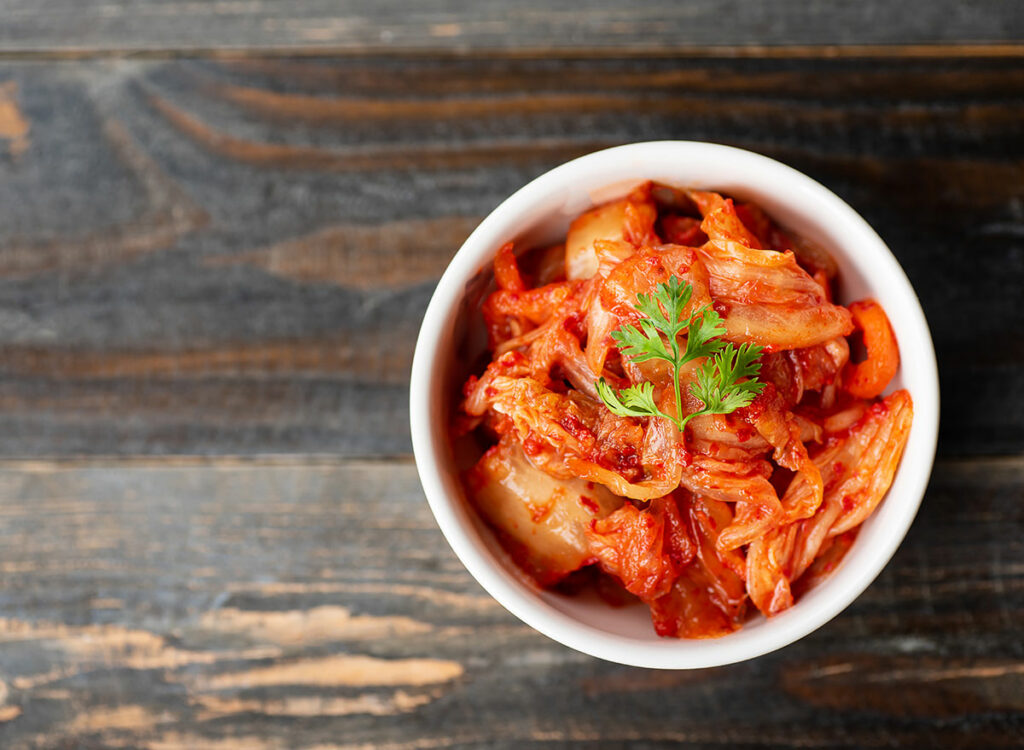Introduction:
Tea is one of the most popular beverages in the world, known for its various flavors and potential health benefits. However, there has been some debate about whether tea can dehydrate you. In this comprehensive guide, we will delve into the topic of tea and hydration to determine whether tea is indeed dehydrating or if it can be part of a healthy hydration routine. We will explore the properties of tea, its impact on fluid balance in the body, the role of caffeine, and provide practical tips on incorporating tea into your daily hydration routine.
Understanding Tea and Hydration:
Tea, including both herbal and caffeinated varieties, is primarily composed of water. Water is essential for maintaining proper hydration in the body, as it helps regulate temperature, transport nutrients, and facilitate various bodily functions. When it comes to tea and hydration, it’s crucial to consider the overall effects of tea on fluid balance.
Caffeine and Diuretic Effect:
One of the main concerns regarding tea and hydration is the presence of caffeine, a natural stimulant found in varying amounts in different types of tea. Caffeine has diuretic properties, meaning it can increase urine production and potentially lead to fluid loss. However, the diuretic effect of caffeine in tea is relatively mild compared to other beverages like coffee.
The Role of Water Content:
While tea does have a mild diuretic effect, the water content in tea outweighs this effect, making it a net positive for hydration. The hydration provided by tea is comparable to drinking an equivalent amount of plain water. It is important to note that the diuretic effect may vary depending on the caffeine content and individual sensitivity.
Individual Factors and Sensitivity:
It is crucial to consider individual factors and sensitivity when assessing the impact of tea on hydration. Some individuals may be more sensitive to the diuretic effects of caffeine than others. If you notice excessive urination or increased thirst after consuming tea, it is advisable to adjust your intake accordingly or opt for herbal teas that are naturally caffeine-free.
Practical Tips for Incorporating Tea into Your Hydration Routine:
Balance Tea Intake with Water: While tea can contribute to your overall fluid intake, it is important to strike a balance. Aim to drink water alongside your tea consumption to ensure adequate hydration.
Know Your Caffeine Tolerance: Understand your personal sensitivity to caffeine and adjust your tea choices accordingly. If you are more sensitive to caffeine, consider opting for decaffeinated teas or herbal infusions.
Listen to Your Body’s Thirst Signals: Pay attention to your body’s cues and drink fluids accordingly. If you feel thirsty, reach for a hydrating beverage, including tea, to replenish your fluids.
Stay Hydrated with Other Fluids: Remember that hydration is not solely dependent on tea consumption. Incorporate a variety of fluids, including water, herbal teas, and hydrating foods, into your daily routine to maintain optimal hydration.
Conclusion:
In conclusion, while tea does have mild diuretic properties due to its caffeine content, it does not significantly dehydrate you. The water content in tea, along with its potential health benefits, makes it a valuable part of a healthy hydration routine. By balancing tea intake with water, understanding individual caffeine sensitivity, and listening to your body’s thirst signals, you can enjoy tea as a refreshing and hydrating beverage. As with any dietary consideration, it is essential to be mindful of personal factors and preferences. Ultimately, tea can be a part of a well-rounded hydration approach that includes a variety of fluids to keep you adequately hydrated.

